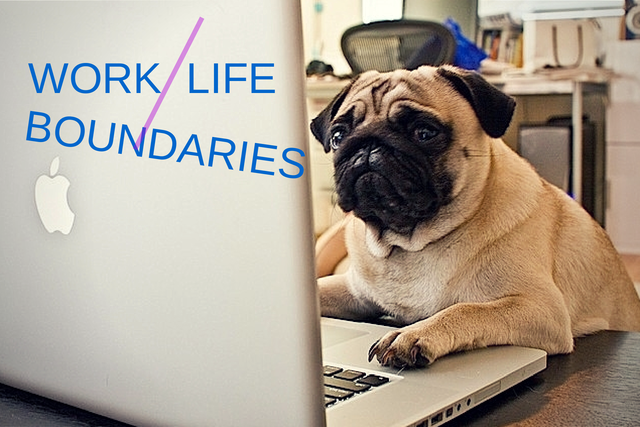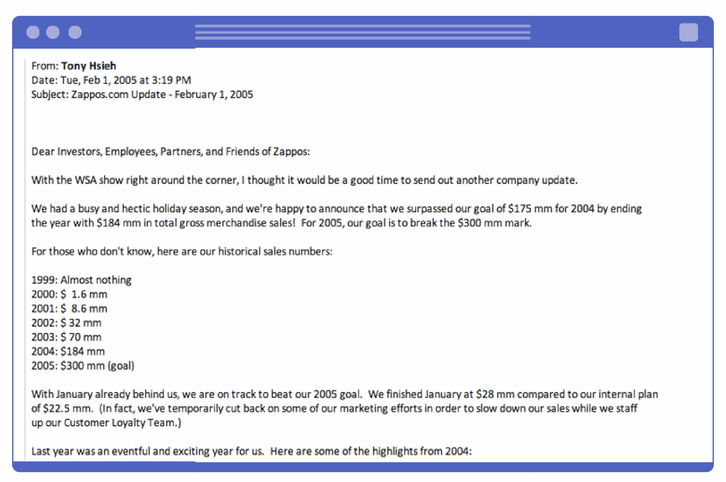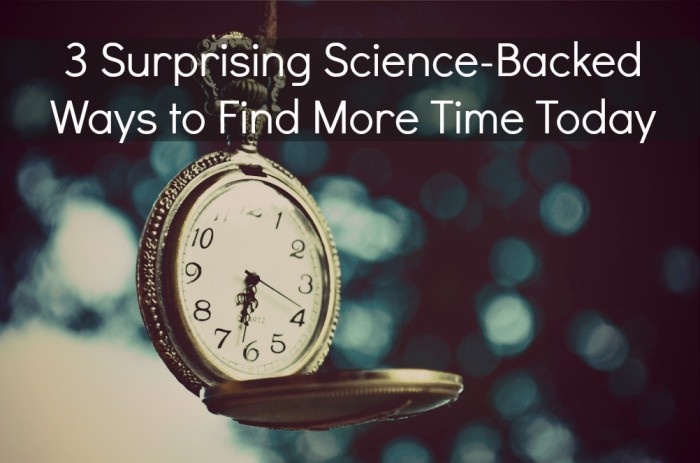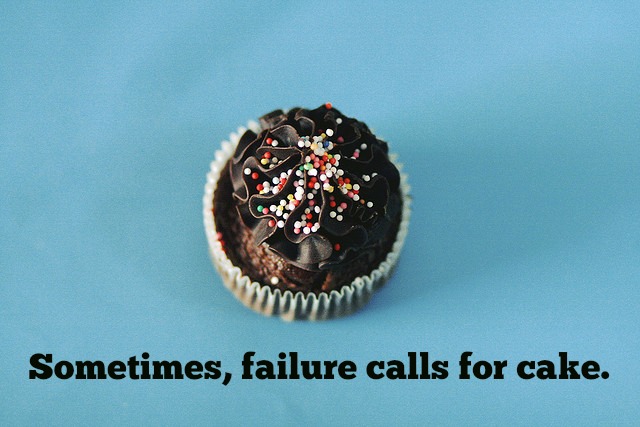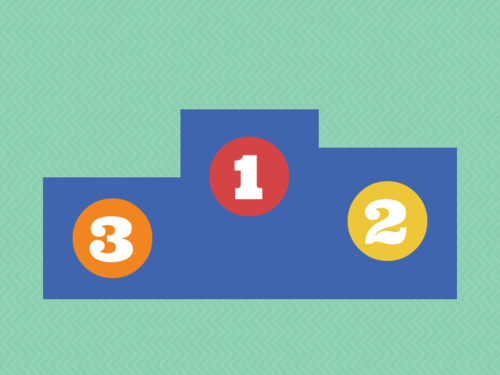In many ways, work is getting increasingly solitary.
We’re rejecting meetings with colleagues as inefficient time-wasters where nothing gets done. Technology is mediating communication, replacing face-to-face interaction. Remote work means that we’re often physically alone even when we’re working on a team.
The upshot is that even when we’re working together with colleagues on a team, it can feel like we’re working alone. Yet social contexts can be powerful motivators at work. Without them, we can get disengaged and feel like our work doesn’t matter.
It turns out that, even in the absence of working physically together with a team, it’s possible to evoke the power of social context with one single word. Stanford psychologists discovered that saying this one word inspired individuals to work an incredible 48% harder by using social context to fuel intrinsic motivation.


